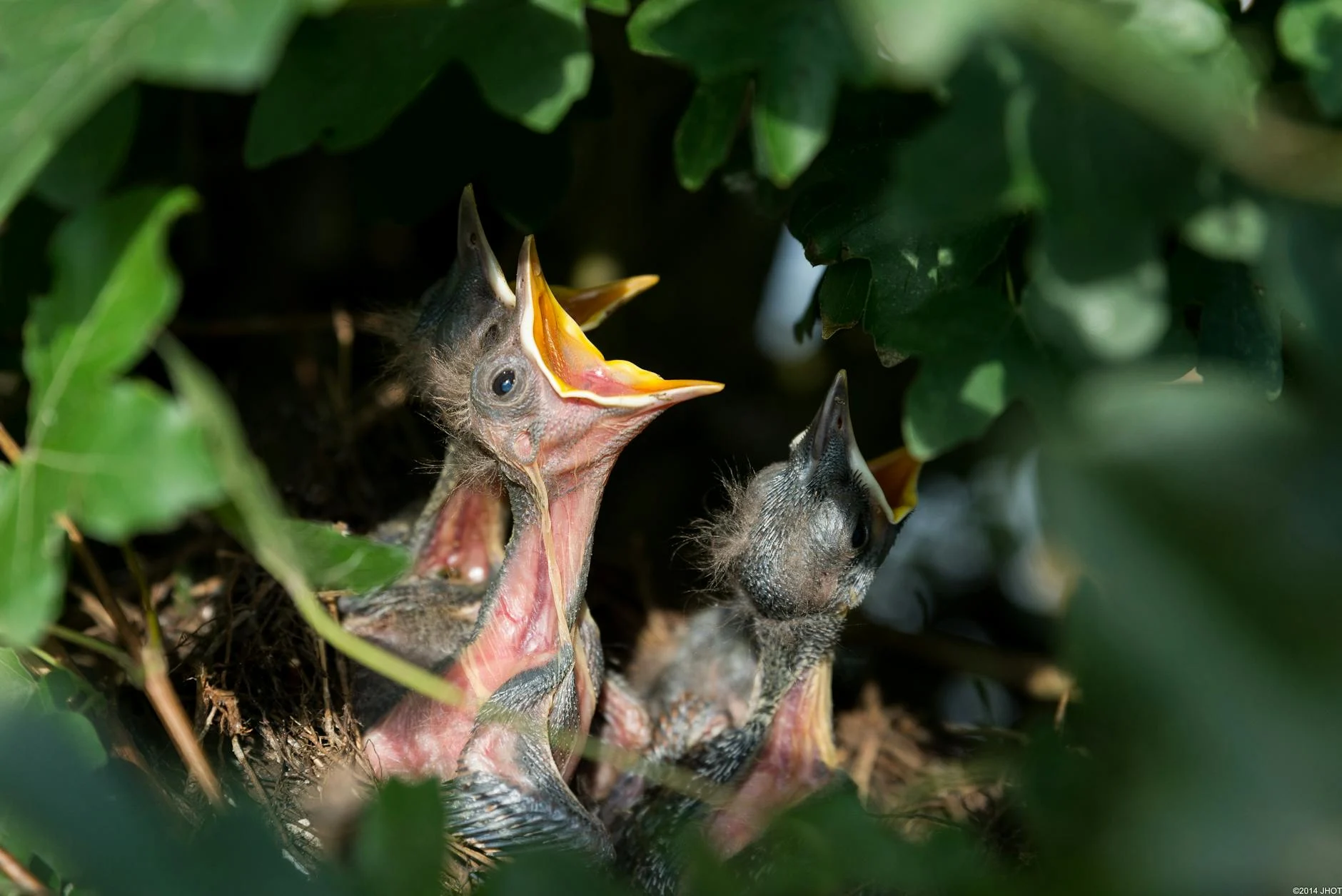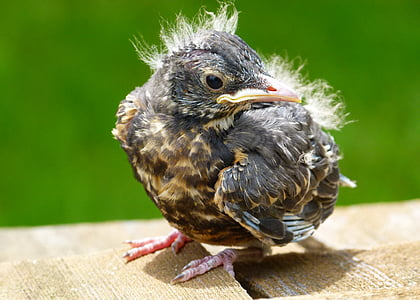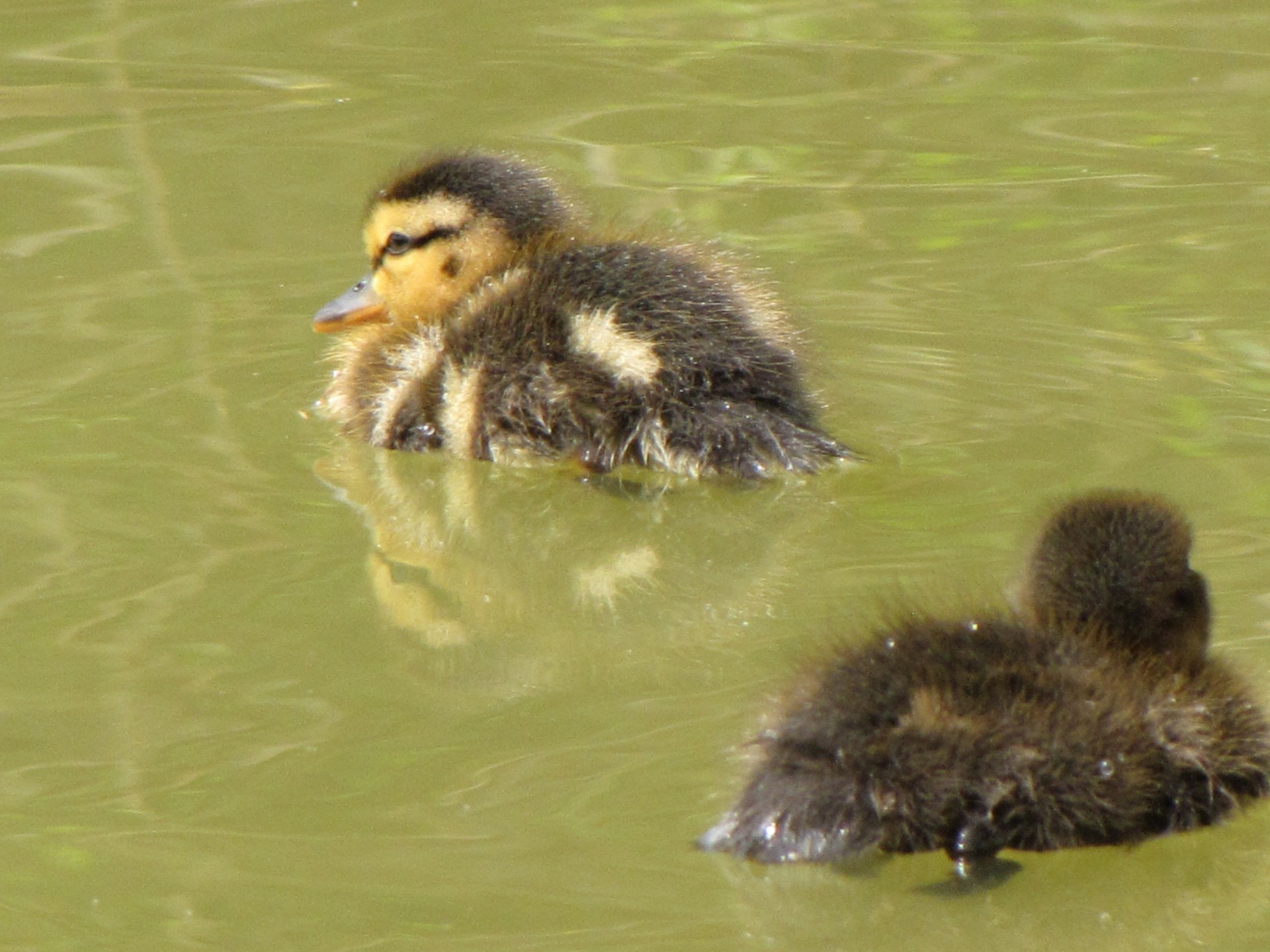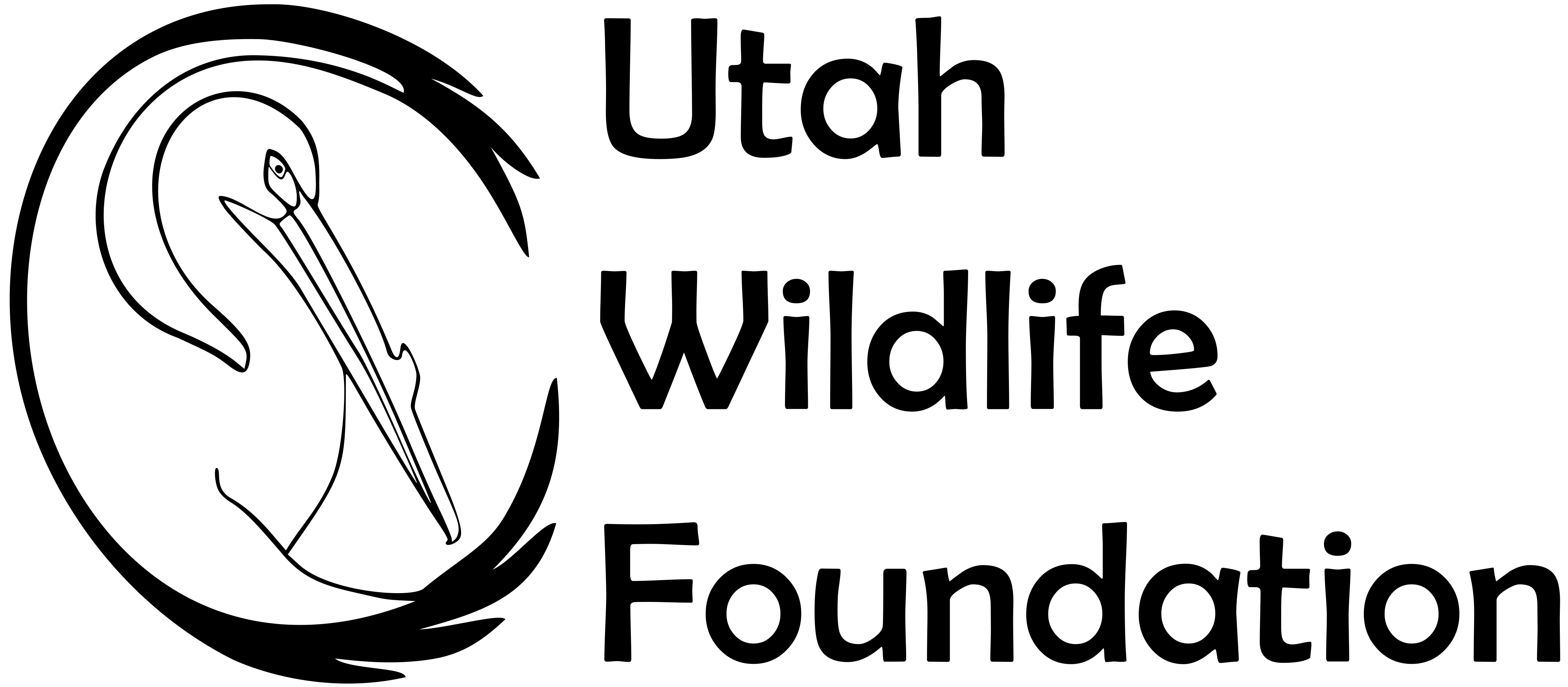Wildlife Help
I found a nestling!

- Young nestlings often have visible skin. They cannot stand, feed themselves or fly.
- If you can return an uninjured baby bird to the nest, or if you can put the nest back up in a nearby tree, please do.
- The parents will not rejected young that have been handled by humans.
- Watch for the parents return from a distance of at least 30 ft away for at least 45 minutes.
I found a fledgling!

- Fledglings are older baby birds that are fully feathered and able to stand, hop, perch and may fly short distances.
- Leave fledglings where you found them unless they are injured or in a dangerous location.
- Fledglings can be moved to a nearby tree or bush if needed. The parents will not reject young that have been handled by humans.
- Their parents are usually nearby watching them and teaching them to avoid predators.
I found a duckling, gosling or chick (quail)

- Baby ducks, geese and quail can walk and feed themselves soon after hatching. They still need their parents for protection and warmth.
- If you find a ducking, goose or quail try to find it's parents!
- Minimise all human contact to keep them wild and reduce stress.
If the baby bird is injured or cold, or if you cannot return it to its parents
Gently place it into a box with a lid that has small air holes. Do not feed the bird or try to give it water; young birds can easily inhale food or water and develop pneumonia. Call a local licensed wildlife rehabilitation organizaion or contact the state wildlife agencies who can provide proper care.
You can contact us at (385) 446 6201
